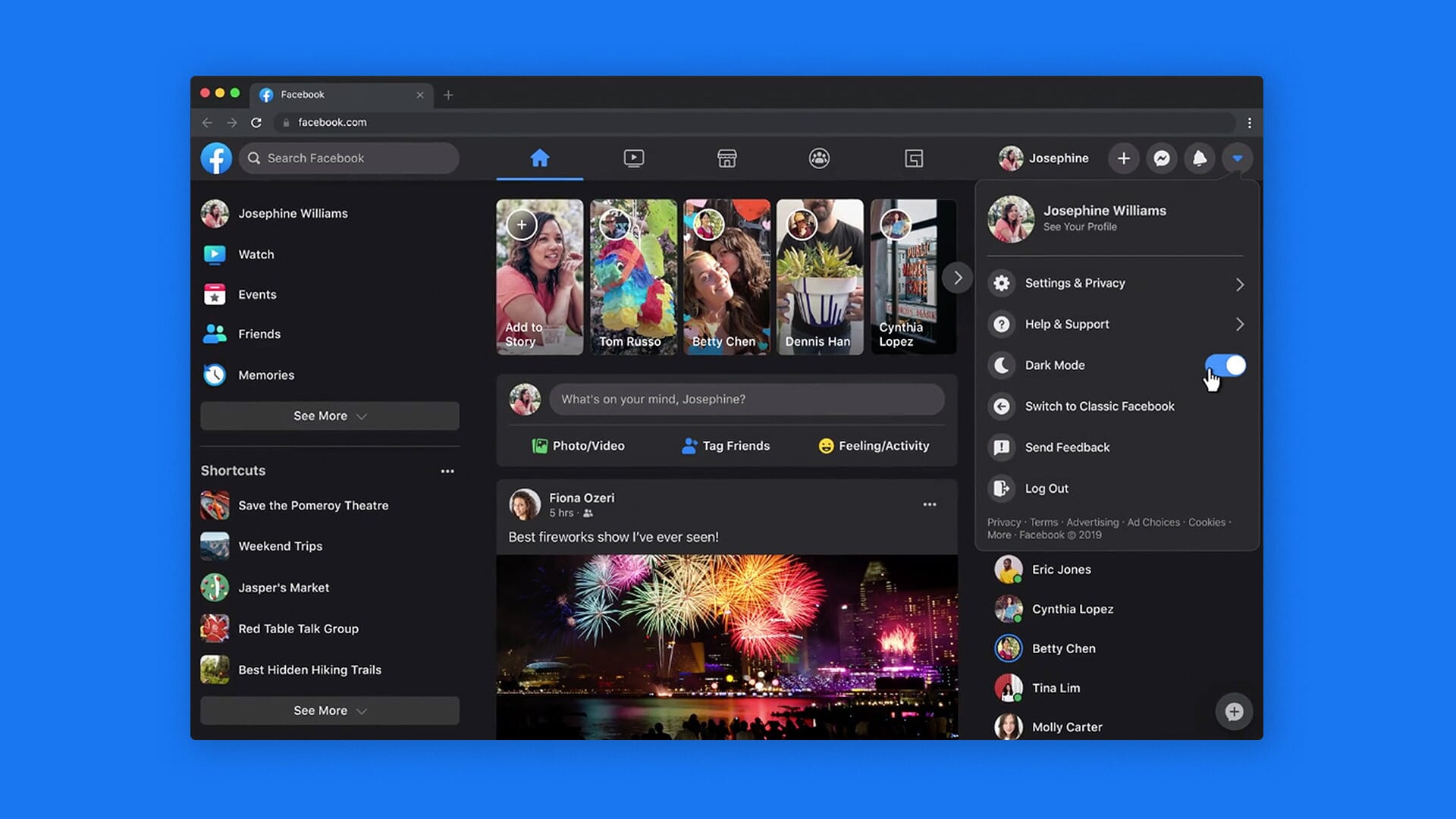API to Scrape Facebook Pages for Data Collection and Analysis
- Name
#api#facebookpage#likes#facebook#scraping#page

Scraping Facebook pages has become a common practice for both professional and personal reasons. A Facebook page scraping API is a tool that allows users to extract data from Facebook pages without the need for manual scraping. With API, users can easily access information such as posts, comments, likes, and page insights. The API can be integrated into various applications, such as social media management tools, data analysis platforms, and customer engagement software. This allows users to automate data collection and analysis, saving time and effort. Additionally, the API can be used to monitor the performance of competitors' pages, track changes to a page over time, and gain insights into audience engagement. API is ideal for businesses, marketers, and researchers who need to collect data from Facebook pages for analysis and decision making.
Example of Facebook Page Scraping API
GET https://piloterr.com/api/v2/company?query=https://www.facebook.com/withalan&x_api_key=xxxxxx
{
"id": "173777216368031",
"name": "Alan",
"logo": "https://scontent.flyn1-1.fna.fbcdn.net/v/t39.30808-1/277764385_1305372809875127_7836626840330075152_n.jpg",
"url": "https://www.facebook.com/withalan/",
"like_count": 4998,
"talking_count": 96,
"follower_count": 5806,
"description": "Notre rapport à la santé a changé, nous changeons la manière d’en parler : avec alan, le compte qui rend la santé plus simple et plus ouverte",
"category": "insurance-company",
"location": "null",
"phone": "null",
"email": "contact@alan.com",
"website": "https://www.alan.com/",
"social_networks": {
"twitter": "http://twitter.com/avec_alan",
"instagram": "http://instagram.com/avec_alan"
}
}
Gathering Competitive Intelligence
One of the main reasons businesses scrape Facebook is to gather competitive intelligence. By analyzing their competitors' pages, they can gain insights into their marketing strategies, audience demographics, and even upcoming products or services. This information can then be used to improve their own strategies and stay ahead of the competition.
Building Targeted Marketing Lists
Another reason businesses scrape Facebook is to build targeted marketing lists. By collecting data on users who have interacted with a competitor's page, businesses can create targeted ad campaigns and reach potential customers who are already interested in their industry.
Research and Data Analysis
Scraping Facebook can also be used for research and data analysis. Researchers and academics can use scraped data to study online behavior, social media trends, and public opinion. Additionally, data analysts can use scraped data to gain insights into consumer behavior and demographics.
Personal Use
Individuals also scrape Facebook for personal reasons. For example, some may scrape their own Facebook activity to analyze their own behavior on the platform. Others may scrape their friends' pages to keep track of their activity and stay up-to-date on their lives.
API for Scraping Facebook
To make scraping Facebook pages even easier, there are now APIs available that allow developers to access Facebook data without having to manually scrape the pages. These APIs provide a more efficient and reliable way to collect data and can save a lot of time and effort for those who need to scrape Facebook pages regularly.
In conclusion, scraping Facebook pages has become a valuable tool for businesses and individuals alike. It allows them to gather competitive intelligence, build targeted marketing lists, conduct research and data analysis, and even monitor their own activity on the platform. With the help of an API, scraping Facebook can be even more efficient and reliable. As social media continues to play a larger role in our lives, scraping will likely become an even more important tool for understanding and utilizing the vast amounts of data it generates.